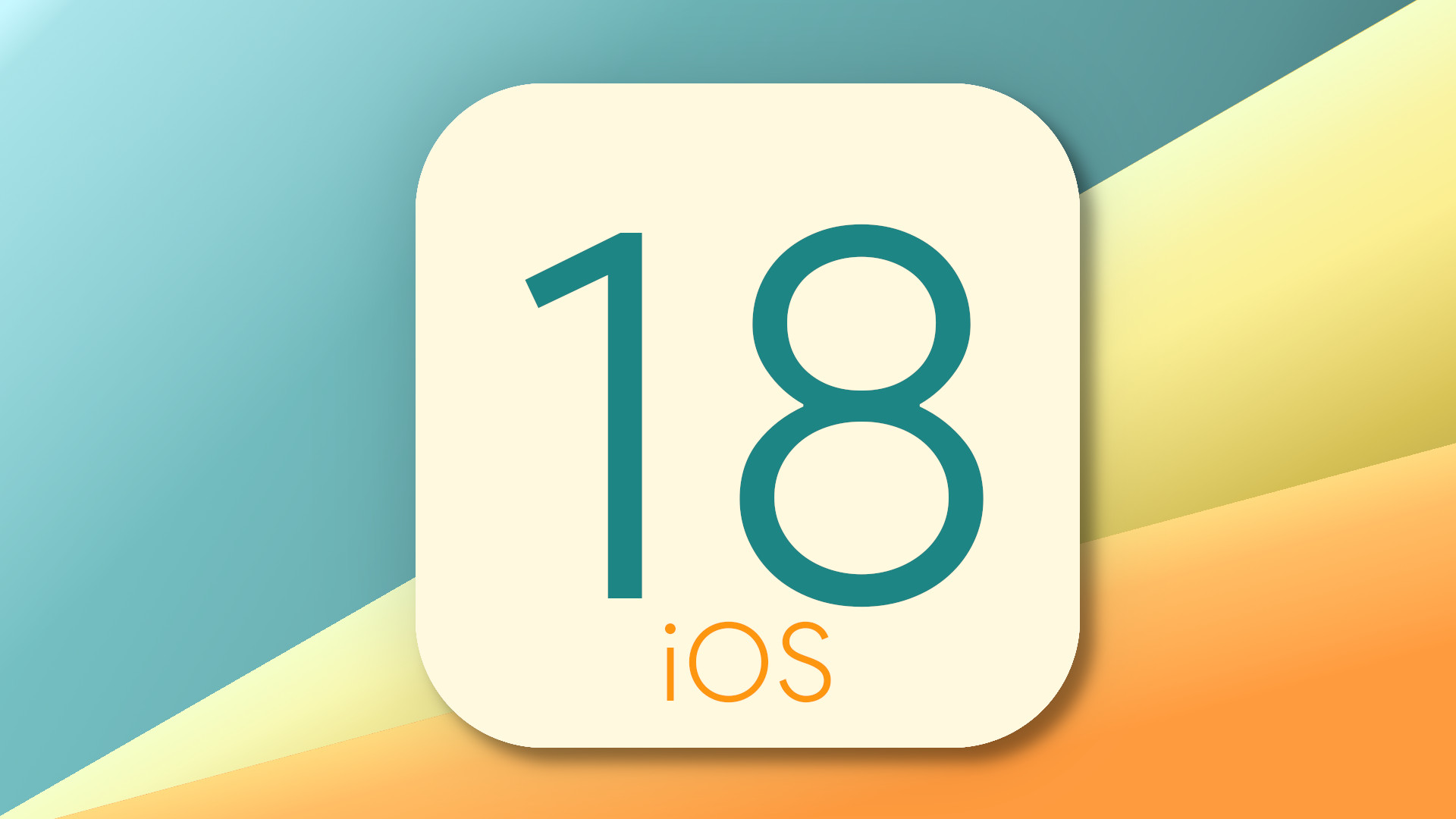
We are just a few months away from WWDC 2024 in June already and as always the anticipation for what will arrive in iOS 18 is killing us, but one of the biggest questions is which iPhones will be eligible for the latest software from Cupertino.
A new rumor first reported by MacRumors suggests that Apple may be giving older iPhones a stay of software support execution this year with every iPhone that can currently run iOS 17 making the jump to iOS 18. The since-deleted Tweet relaying this information comes from a typically reliable source, so while we wouldn't bet our life savings on this one, it does have the ring of truth to it (via Tom's Guide).
Here's the full list of iPhones eligible for iOS 18 based on this rumor:
- iPhone 15, iPhone 15 Plus, iPhone 15 Pro, iPhone 15 Pro Max
- iPhone 14, iPhone 14 Plus, iPhone 14 Pro, iPhone 14 Pro Max
- iPhone SE (2022)
- iPhone 13, iPhone 13 mini, iPhone 13 Pro, iPhone 13 Pro Max
- iPhone 12, iPhone 12 mini, iPhone 12 Pro, iPhone 12 Pro Max
- iPhone SE (2020)
- iPhone 11, iPhone 11 Pro, iPhone 11 Pro Max
- iPhone XS, iPhone XS Max, iPhone XR
What does the upgrade mean for your iPhone?
It's worth noting that getting the upgrade to iOS 18 doesn't mean your phone will get all of the features of iOS 18, but considering the oldest phones on this list launched in 2018, hopefully you weren't expecting that anyway.
We expect to see Apple lean heavily into AI with iOS 18, mirroring what we've seen with the last few Android flagships like the Samsung Galaxy S24 Ultra, OnePlus 12, and Google Pixel 8 Pro. That includes some cool new AI features like the live translation seen on the Galaxy S24 Ultra below, while others are either augmenting capabilities or dramatically speeding up existing features.
@laptopmag ♬ original sound - Laptop Mag
Apple will presumably look to duplicate Samsung's push to bring as many AI features as possible on-device, both to promote the superior privacy this offers, but also due to the increased speed and enhanced availability of the features if they aren't reliant on transmitting data over the network.
It's these kinds of features that owners of older iPhones can probably scrap off their wishlists as while Apple did introduce its first Neural Engine (Apple's marketing name for its NPU) back in 2017 with the iPhone X, those first generations are not going to have the power necessary to support these modern use cases. The potential workaround would be to have the older devices go off-device, but that may be a trade-off that Apple doesn't want to make, and it's also potentially a way to get you to upgrade even if your iPhone is technically still supported.
We only have a few months until we know for sure, but the proliferation and reliability of these rumors also pick up as the event draws closer, so stick with us and we'll keep you up-to-date on all of the latest surrounding WWDC 2024.







